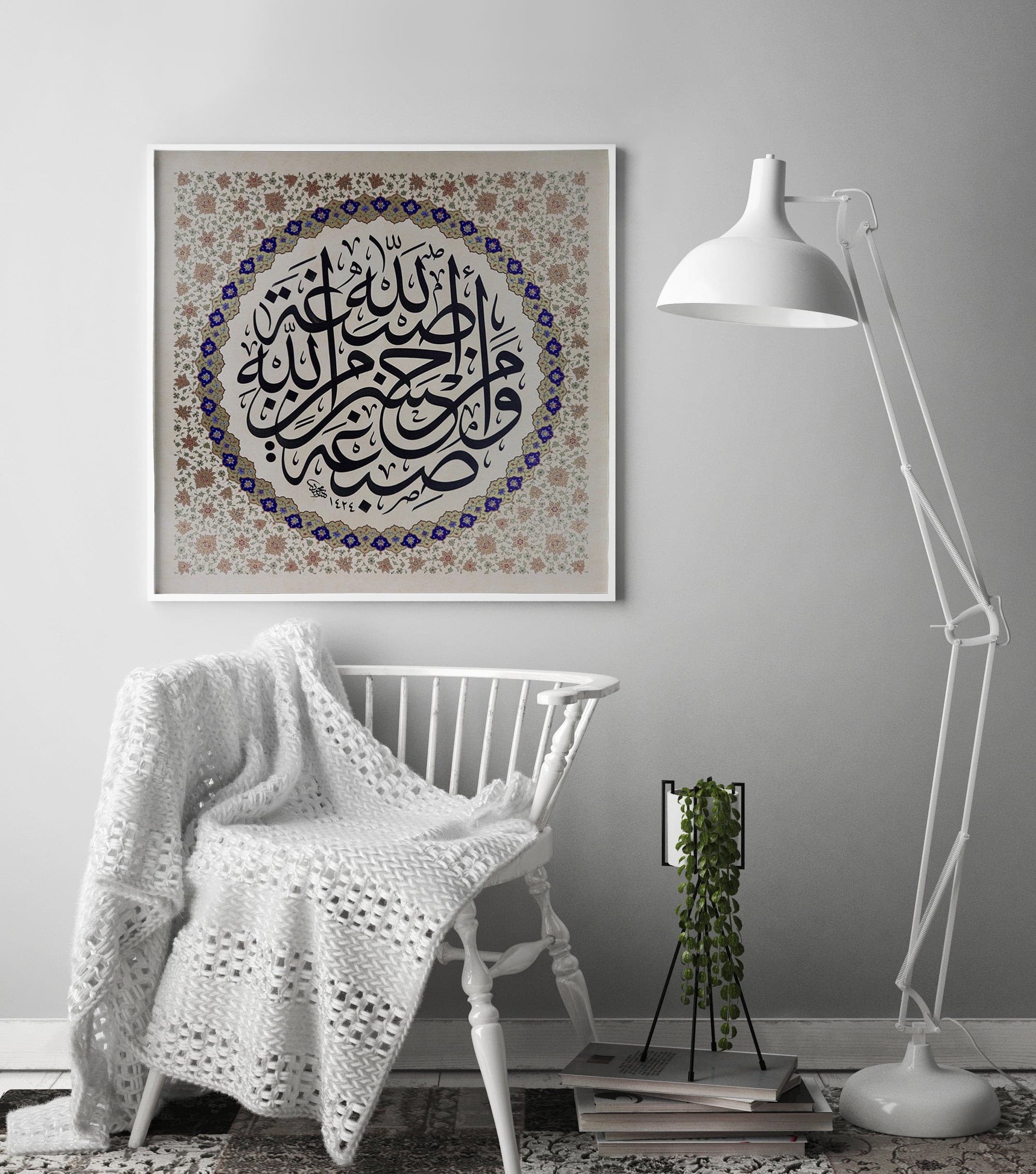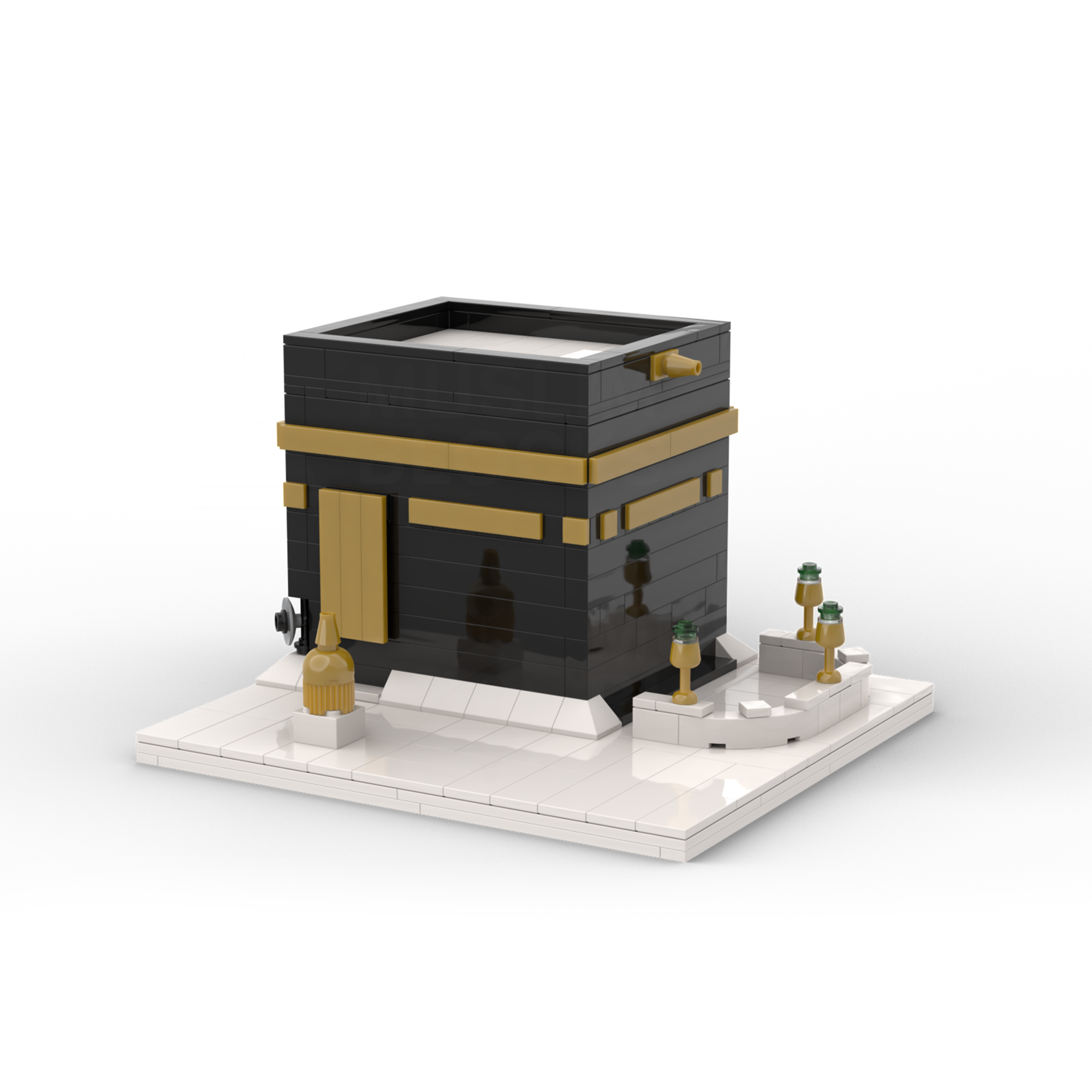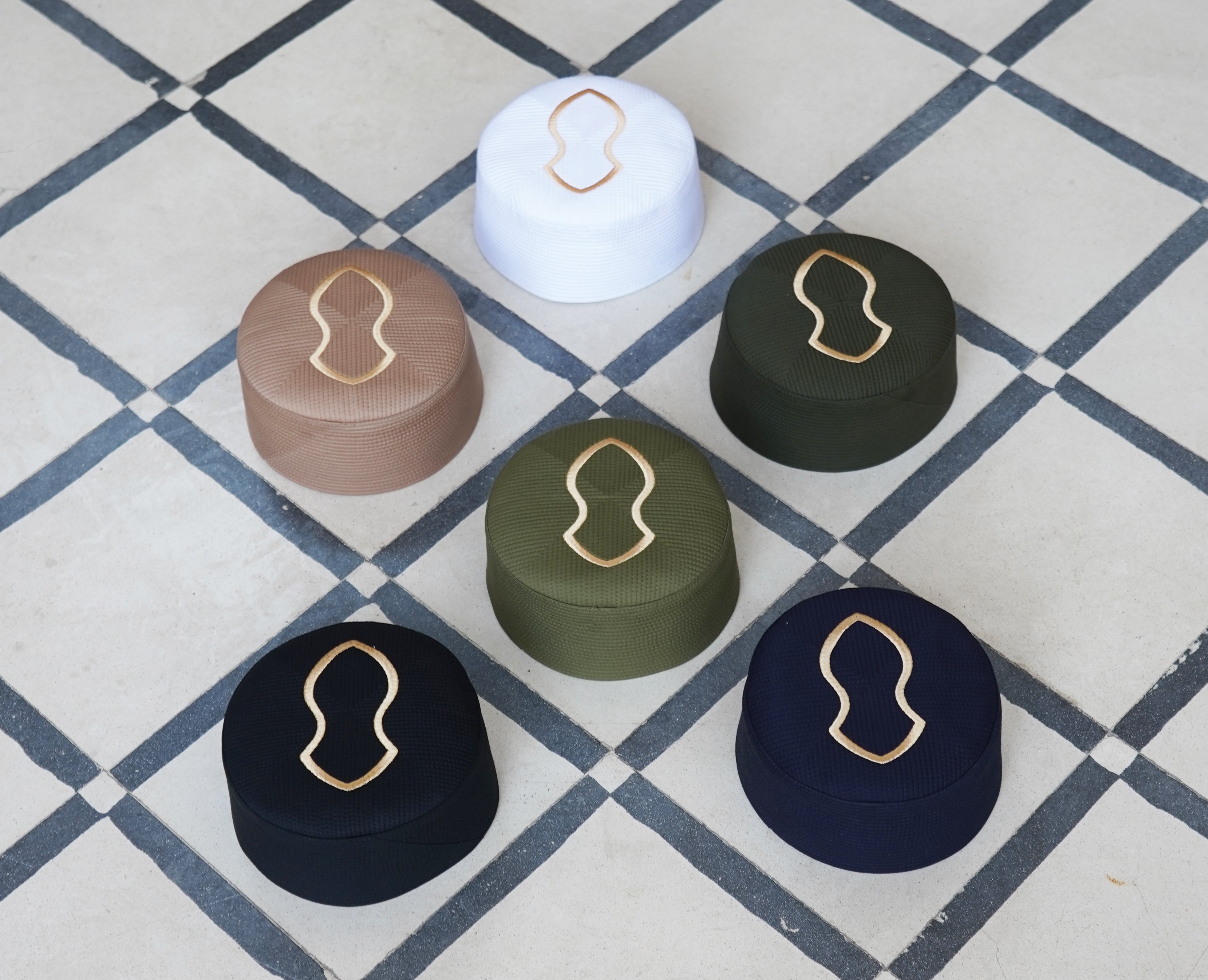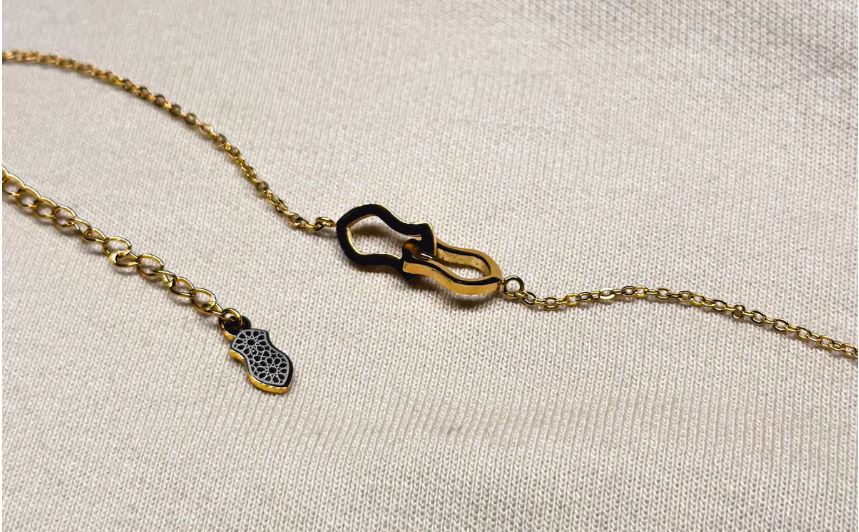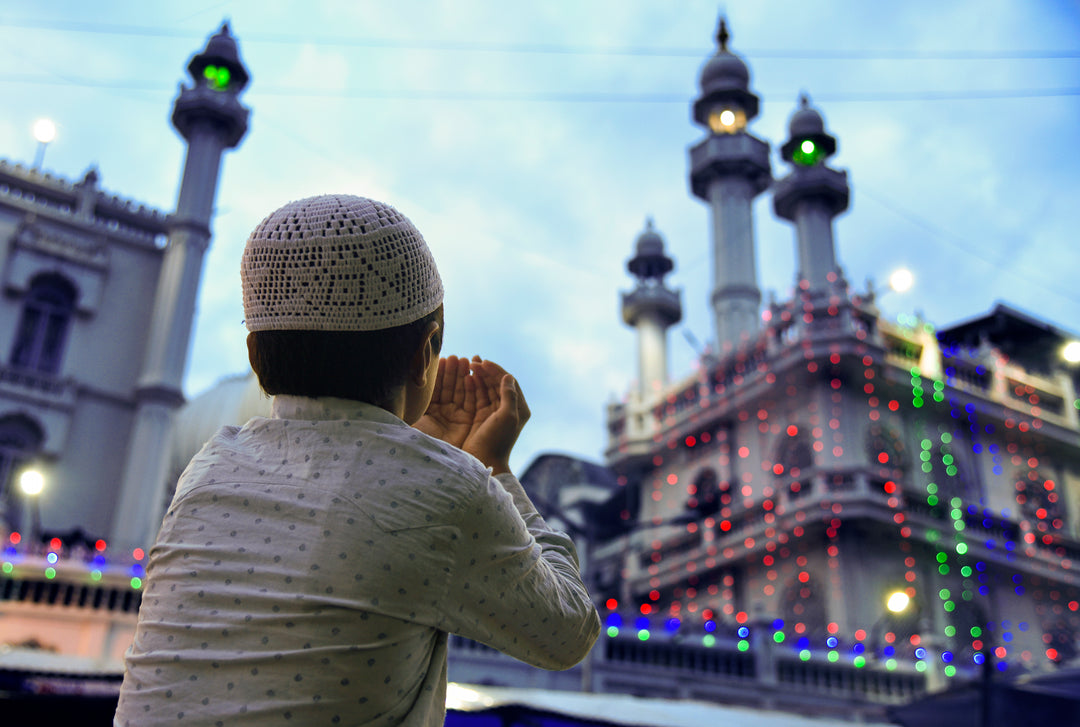Description
About The Book
This children’s book on the life of the Prophet Muhammad is taken from traditional Muslim biographical literature, including hadith. Passages from the Qur’an are used throughout to reinforce the stories. The material is authentic and the style lively and attractive. Although the book has been written for children of 10 to 15 years of age, it can be usefully read by anyone as an introduction because of its completeness and clarity.
There are 32 color illustrations although there has been no attempt to portray either the Prophet or his Companions. The illustrations are representative of traditional Islamic life as lived in many Arab countries and portray scenes that have occurred in those countries for over a thousand years.
RECOMMENDED BY THE EDUCATION GUARDIAN JANUARY 1992
Table of Contents
- How It All Began.
- The Promise of Zamzam.
- The Elephant Refuses to Move.
- The Prophet is Born.
- The Orphan’s Childhood.
- The Prophet’s Marriage.
- The Coming of the Archangel Gabriel.
- The First Muslims.
- The cruelty of the Quraysh.
- The Night Journey and the Ascent to Heaven.
- Al-Hijrah
- The Battle of Badr.
- Defeat Comes from Disobedience.
- The Entry into Mecca.
- The Farewell pilgrimage.
- The Prophet’s Death.
- A Collection of hadith from al-Shama’il by al-Tirmidhi.
- The Prophet’s Family.
About The Author
Leila Azzam, is the neice of the late Dr. Abdul Wahab Azzam, who was rector of Cairo University, founder and first rector of Riyadh University, and prominent muslim writer. She is also the daughter-in-law of the late Dr. Abdur Rahman Azzam, founder of the Arab League and author of the "Eternal Message of Muhammad." Leila Azzam was born in Cairo and is graduate of the Faculty of Arts and Literature, Cairo University. She has lived with her husband, Dr. Omar Azzam, in Saudi Arabia, Lebanon and France, and is now living in Cambridge, England, where her four children are receiving their education.
Aisha Gouverneur took a BA in comparative religion from Sarah Lawrence College and has an MA in Education from Michigan University. Mrs. Gouverneur has also studied at Al-Azha University, Cairo, and has taught for more than 20 years. She lived in Eygpt for over ten years and lived with her husband and two children in Cambridge, England while pursuing a doctorate.
Mary Hampson Minifie is a published illustrator.
Excerpt From The Book
How It All Began
Nearly four thousand years ago, in the Sumerian town of Ur in the valley of the river Euphrates, lived a young man named Abraham. The people of Ur had once worshipped Allah but as time passed they forgot the true religion and started praying to idols, statues made of wood or clay and sometimes even of precious stones.
Even as a small child Abraham could not understand how his people, and especially his father, could make these images with their own hands, call them gods, and then worship them. He had always refused to join his people when they paid respect to these statues. Instead he would leave the town and sit alone, thinking about the heavens and the world about him. He was sure his people were doing wrong and so alone he searched for the right way.
One clear night as he sat staring at the sky he saw a beautiful shining star, so beautiful that he cried out: ‘This must be Allah!’ He looked at it in awe for some time, until suddenly it began to fade and then it disappeared. He turned away in disappointment saying:
I love not things that set.
(Koran vi. 77)
On another night Abraham was again looking at the sky and he saw the rising moon, so big and bright that he felt he could almost touch it. He thought to himself:
This is my Lord.
(Koran vi. 78)
But it was not long before the moon set as well. Then he said,
Unless my Lord guide me,
I surely shall become one of the folk who are astray.
(Koran vi.78)
Abraham then saw the beauty and splendour of the sunrise and decided that the sun must be the biggest and most powerful thing in the universe. But for the third time he was wrong, for the sun set at the end of the day. It was then that he realised that Allah is the Most Powerful, the Creator of the stars, the moon, the sun, the earth and of all living things. Suddenly he felt himself totally at peace, because he knew that he had found the Truth.
When he said unto his father and hi folk:
What do you worship?
They said: We worship idols, and are ever devoted to them.
He said: Do they hear you when you cry?
Or do they benefit or harm you?
They said: Nay, but we found our fathers
acting in this manner.
He said: See now that which you worship,
You and your forefathers! Lo! they are (all) an enemy to me, except
the Lord of the Worlds. Who created me, and He guides me,
And Who feeds me and waters me.
And when I sicken, then He heals me.
And Who causes me to die, then gives me life (again)
And Who, I ardently hope, will forgive me
my sin on the Day of judgement.
(Koran xxvi.70-82)
One day, while all the townspeople were out, Abraham angrily smashed all the idols with his right hand except for one which was very large. When the people returned they were furious. They remembered the things Abraham had said about the idols. They had him brought forth before everyone and demanded, ‘Is it you who did this to our gods, O Abraham?’ Abraham replied, ‘But this their chief did it. Ask them, if they are able to speak.’ The people exclaimed, ‘You know they do not speak.’ ‘Do you worship what you yourselves have carved when Allah created you and what you make?’ Abraham continued,‘Do you worship instead of Allah that which cannot profit you at all, nor harm you?’
(Koran xxxvii.95-6)
(Koran xxi.66)
Finally, Abraham warned them,
Serve Allah, and keep your duty unto Him; that
is better joy you if you did but know.
You serve instead of Allah only idols, and you
only invent a lie. Lo! those whom you serve instead
of Allah own no provision for you. So seek your
provision from Allah, and serve Him, and give thanks
unto Him, (for) unto Him you will be brought back.
(Koran xxix. 16-17)
The people of Ur decided to give Abraham the worst punishment they could find: he was to be burnt to death. On the chosen day all the people gathered in the centre of the city and even the King of Ur was there. Abraham was then placed inside a special building filled with wood. The wood was lit. Soon the fire became so strong that the people were pushed back by the flames. But Allah said:
O fire, be coolness and peace for Abraham.
(Koran xxi.69)
The people waited until the fire had completely died down, and it was then that they saw Abraham still sitting there as though nothing had happened! At that moment they were utterly confused. They were not, however, moved by the miracle that had just happened before their very eyes. Still Abraham tried to persuade his own dear father, who was named Azar, not to worship powerless, unseeing, unhearing statues. Abraham explained that special knowledge had come to him and implored his father, ‘So follow me and I will lead you on the right path. O my father! Don’t serve the Devil.’ But Azar would not listen. He threatened his son with stoning if he continued to reject the gods of Ur. He ordered Abraham to leave the city with these words: ‘Depart from me a long while.’ Abraham said, ‘Peace be upon you! I shall ask my Lord’s forgiveness for you. Surely He was ever gracious to me.’
(Koran xix.43-7)
Imagine how terrible it must have been for him to leave his home, his family and all that he knew, and set out across the wilderness into the unknown. But at the same time, how could he have remained among people who did not believe in Allah and who worshipped statues? Abraham always had a sense that Allah cared for him and he felt Allah near him as he travelled.
At last, after a long hard journey, he arrived at a place by the Mediterranean Sea, not far from Egypt. There he married a noble woman by the name of Sarah and settled in the land of Palestine.
Many years passed but Abraham and his wife were not blessed with any children. In the hope that there would be a child, and in keeping with tradition, Sarah suggested that Abraham should marry Hagar, her Egyptian handmaid. Soon after this took place, Hagar had a little boy named Ishmael.
Some time later Allah promised Abraham another son, but this time the mother of the child would be his first wife, Sarah. This second son would be called Isaac. Allah also told Abraham that from his two sons—Ishmael and Isaac—two nations and three religions would be founded and because of this he must take Hagar and Ishmael away from Palestine to a new land. These events were an important part of Allah’s plan, for the descendants of Ishmael would form a nation from which would come a great Prophet, who would guide the people in the way of Allah. This was to be Muhammad, the Messenger of Allah (May God bless him and grant him peace). From the descendants of Sarah’s child, Isaac, would come Moses and Jesus.
So it was that Abraham, Hagar, and Ishmael left Palestine. They travelled for many days until finally they reached the arid valley of Bacca (later to be called Mecca), which was on one of the great caravan routes. There was no water in the valley and although Hagar and Ishmael only had a small supply of water left, Abraham left them there knowing Allah would take care of them.
Soon all the water was gone. The child began to grow weak from thirst. There were two hills nearby, one called Safa and the other Marwah. Hagar went up one hill and looked into the distance to see if she could find any water, but found none. So she went to the other hill and did the same. She did this seven times. Then sadly she returned to her son, and to her great surprise and joy she found a spring of water bubbling out of the earth near him. This spring, near which the mother and child settled, was later called Zamzam. The area around it became a place of rest for the caravans travelling across the desert and in time grew into the famous trading city of Mecca.
From time to time Abraham travelled from Palestine to visit his family and he saw Ishmael grow into a strong young man. It was during one of these visits that Allah commanded them to rebuild the Ka’bah—the very first place where people had worshipped Allah.
They were told exactly where and how to build it. It was to be erected by the well of Zamzam and built in the shape of a cube. In its eastern corner was to be placed a black stone that had fallen to earth from heaven. An angel brought the stone to thein from the nearby hill of Abu Qubays.
Abraham and Ishmael worked hard to rebuild the Ka’bah and as they did so they prayed to Allah to send a Prophet from among their descendants.
And when Abraham and Ishmael were raising
the foundations of the House, (Abraham prayed):
‘Our Lord! Receive this from us;
Thou, only Thou, art the All-hearing, the All-knowing;
Our Lord! And make us submissive unto
Thee and of our seed a nation submissive unto
Thee, and show us our ways of worship, and turn
toward us. Lo! Thou, only Thou, art the
Relenting, the Merciful.
Our Lord! And raise up in their midst
a messenger from among them who shall recite unto
them Thy revelations, and shall instruct them in
the Scripture and in wisdom and shall make them
grow. Lo! Thou, only Thou, art the Wise.’
(Koran ii. 127-9)
When the Ka’bah was completed, Allah commanded Abraham to call mankind to pilgrimage to His Holy House. Abraham wondered how anyone could hear his call. Allah said, ‘You call and I will bring them.’ This was how the pilgrimage to the Ka’bah in Mecca was established and when Muslims make the Pilgrimage today they continue to answer the age-old call of Abraham.
-----------------------------
Reviews
‘At long last a definitive children’s version of the life of the Messenger of Allah has appeared in English.’ - Arab News
‘The book is a great success and should be widely used by Muslim and non-Muslim children alike.’ - Centre for the Study of Islam & Christian-Muslim Relations
‘...an excellent work; it reflects not only the knowledge of the two writers but also their depth of commitment to Islam.’ - Link International
Details:
- Publisher : Islamic Texts Society (Dec 1 1999)
- Paperback : 136 pages
- ISBN-13 : 978-0946621026
Shipping information
Please allow 1-2 business days for item to be shipped.
Shipping time varies based on shipping option and shipping destination.
Free shipping will take up to 1-2 weeks.
All tracking information will be sent via email once item is shipped.




